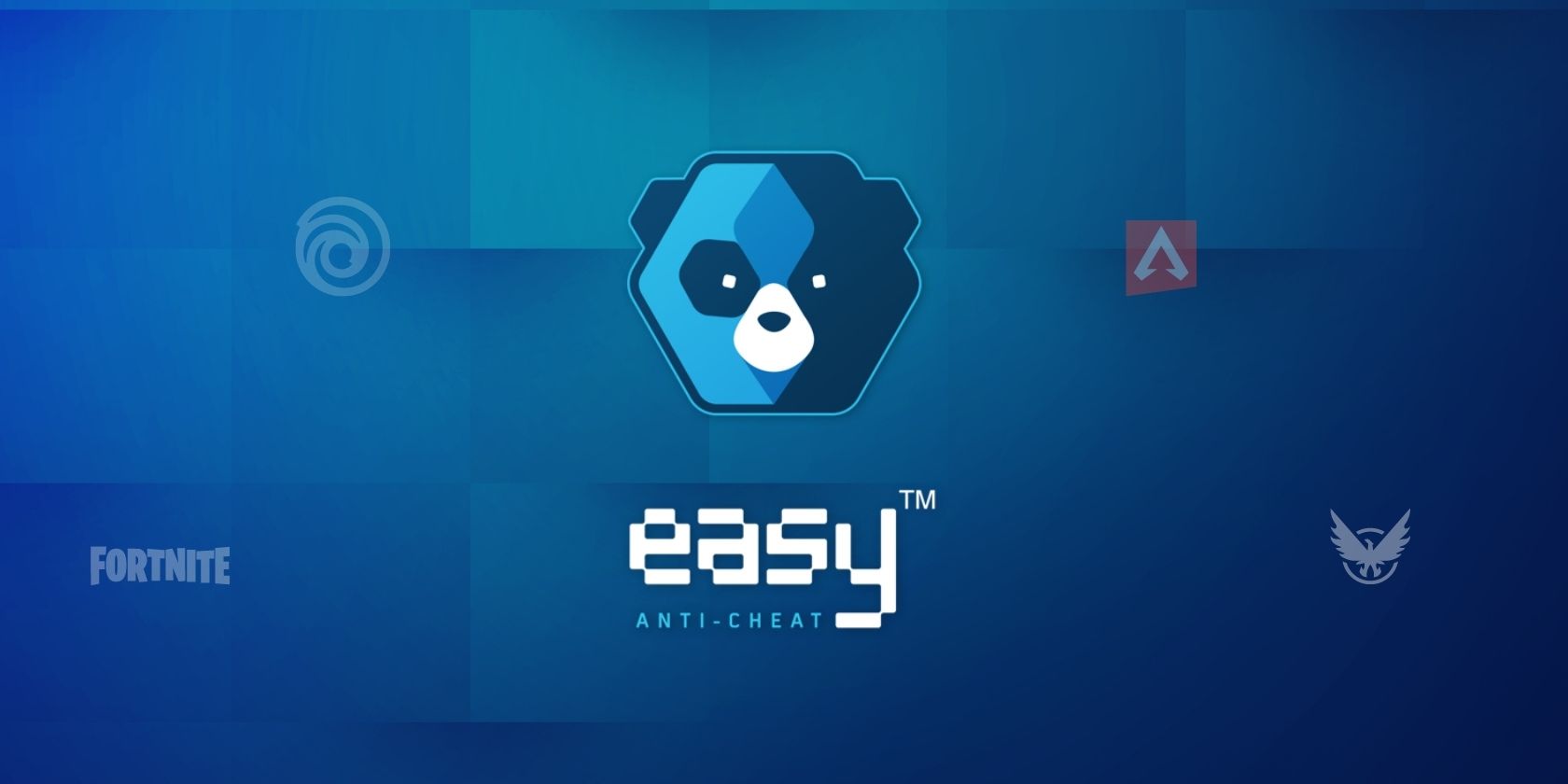
A Closer Look at Facebook's Diminishing Social Circle

A Closer Look at Facebook’s Diminishing Social Circle
Even if you’ve never used it, you know about Facebook. It’s one of the largest social media networks in the world, existing in nearly every country. For a long time, it seemed the site could do no wrong, going from strength to strength.
Now, for the first time in Facebook’s history, its daily active users have declined. In Q3 2021, the site had 1.93 billion daily active users. In Q4 2021, the figure fell to 1.929 billion.
While nearly every website would rejoice at such figures for a year, let alone a day, the drop signifies a wider problem for Facebook. Let’s explore the reasons why Facebook is losing users.
1. TikTok Reigns Supreme
It’s no secret that TikTok is a dominating force online. In September 2021, TikTok claimed it had over one billion users on its platform.
In early 2022, Facebook CEO Mark Zuckerberg acknowledged how large of a competitor TikTok is to the company. It’s why Facebook introduced Reels, in a bid to capture the short-form video market and diversify from Facebook’s traditional text-heavy, status-driven approach.
“TikTok is so big as a competitor already and also continues to grow at quite a faster rate off of a very large base,” said Zuckerberg. “Even though we’re compounding extremely quickly, we also have a competitor that is compounding at a pretty quick rate.”
2. Young People Aren’t Interested
Young people are flocking to TikTok, but that’s not the only platform they’re favoring over Facebook.
Children and teenagers are more likely to connect through games like Fortnite and Roblox, or platforms like Discord, than they are Facebook.
Facebook is seen as a space for the older generation to catch up with family. For kids, they prefer the imaginative 3D worlds that video games afford, where they can chat with their friends and enjoy a fun, shared experience.
This is recognized internally by Facebook. In a report from The Verge , researchers at Facebook believe that teenage Facebook users will drop 45% in 2022 compared to 2019.
According to a company presentation, “young adults perceive [Facebook] content as boring, misleading, and negative” and “have a wide range of negative associations with Facebook including privacy concerns, impact to their wellbeing, along with low awareness of relevant services.”
3. Rising Internet Prices
India is Facebook’s largest market, with almost twice the number of users as in the United States. Though there are plenty of reasons for this, it’s perhaps not coincidental that TikTok is banned in India.
According to David Wehner, CFO of Meta (Facebook’s parent company), Facebook’s user growth in India has slowed due to an increase in the country’s data prices.
In November 2021, all major India telecoms increased their prepaid tariffs by up to 25%. Those changes, likely to negatively impact those on lower incomes, mean that the cost of entry to Facebook in India has never been higher.
4. No Countries to Expand Into
Facebook began life in 2004, when only students of certain US universities could sign up. Now,Facebook is available in nearly every country , though it’s banned in a few like China and Iran.
Since it’s unlikely those bans will ever be lifted, Facebook essentially has nowhere left to expand geographically. Anyone who wants to sign up to the social networking site can.
That puts Facebook in the trickier position of targeting new sociodemographic groups or tempting older users back to the platform.
Should Facebook Worry About Losing Users?
Meta has its claws across the internet with services like WhatsApp and Instagram, which helps it diversify its risk. Though Facebook isn’t going to collapse in the short term, the company are no doubt closely evaluating how to stop Facebook becoming a sinking ship.
- Title: A Closer Look at Facebook's Diminishing Social Circle
- Author: Michael
- Created at : 2024-09-10 14:43:14
- Updated at : 2024-09-11 14:43:14
- Link: https://facebook.techidaily.com/a-closer-look-at-facebooks-diminishing-social-circle/
- License: This work is licensed under CC BY-NC-SA 4.0.